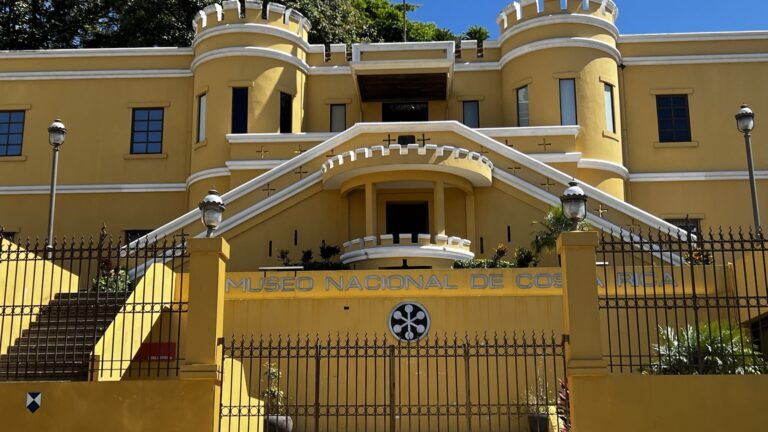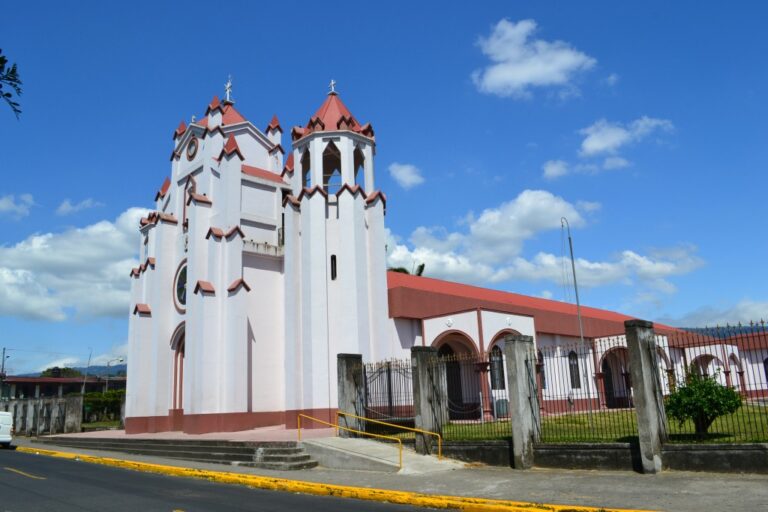In an unequivocal sign of confidence in the country’s economic management, the international rating agency S&P Global Ratings announced in late October 2025 an upgrade to Costa Rica’s long-term credit rating, raising it from ‘BB-‘ to ‘BB’. The outlook remains ‘Stable’, suggesting no negative changes are expected in the short term.
This decision is a strong endorsement of the fiscal and economic path the country has followed, validating efforts to maintain stability and strengthen public finances.
The Keys to the Upgrade
S&P Global’s decision was not arbitrary; it is based on a rigorous analysis that highlights several concrete achievements by the Costa Rican economy:
- Strengthening of External Liquidity: This was the main factor. Costa Rica has significantly bolstered its position relative to the rest of the world, allowing it to meet its external obligations more easily.
- International Reserves at All-Time Highs: A pillar of this strength is the record accumulation of Net International Reserves (NIR), which neared $16 billion. This figure contrasts sharply with the $6 to $8 billion levels managed during the previous decade, providing a solid cushion against external shocks.
- Sustained Economic Dynamism: The country’s growth has been driven by two key engines: the exceptional performance of exports, especially in the medical device sector, and solid and consistent Foreign Direct Investment (FDI), which has been sufficient to cover the current account deficit.
- Access to Multilateral Financing: The agency also viewed positively Costa Rica’s access to flexible credit lines with organizations like the International Monetary Fund (IMF) and the Development Bank of Latin America and the Caribbean (CAF).
Remaining Challenges
Despite the positive news, S&P Global maintains a balanced view and points out the challenges the country still must face. The main “Achilles’ heel” remains the high cost of debt. Interest payments consume a significant portion of government revenue (around 19%), which limits the speed of fiscal consolidation. Likewise, the agency warns of political uncertainty and slowness in the Legislative Assembly to approve new financing, a risk that could complicate future debt management.
The Impact: What Does This Mean for Costa Rica?
A better credit rating is not just a financial technicality. It translates into tangible benefits for the country and its people. Primarily, it generates greater confidence among international investors, which can facilitate attracting more capital. Furthermore, it could allow Costa Rica to finance itself at lower interest rates in the future, freeing up resources that, instead of paying debt, could be allocated to social investment, infrastructure, and other development programs.
In summary, this upgrade is an external validation that, despite the challenges, Costa Rica is moving in the right direction.


















